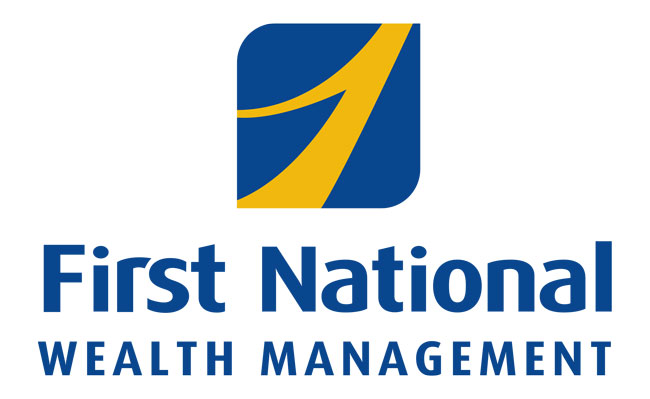It wasn’t too long ago that employer-managed pension programs were the norm for workers transitioning into retirement. Now, company-sponsored 401k plans are often the main vehicle for investments, in combination with personal accounts. Portfolio manager Jon Dolloff explains the importance of a layered savings approach for a secure nest egg.
Can I start retirement planning if I don’t have a lot of savings?
Start as soon as you can — ideally, as soon as you enter the workforce. The earlier you are able to contribute to a retirement fund, the more time that money has to go through market cycles to increase in value. People shouldn’t think they need a certain number of dollars to talk with someone. That’s not the case. Wealth management is trying to build generational wealth and a plan for retirement so you’re not 100% dependent on Social Security, an inheritance, or other random variables.
How much money do I need to save for retirement?
Going into retirement, your expenses typically decrease. You are no longer living the same lifestyle, and many people have paid off their 30-year mortgage. Not only that, with a lower level of income, the amount of income taxes you pay will also likely decline. But, if you want to travel, or help your kids or grandkids, it’s important you have that nest egg available. One rule your financial planner can advise you on is the 4% rule. That’s where you will have a nest egg large enough that when you take 4% as a disbursement, that offsets your yearly expenses or needed income. An example would be that if you want or need to make $50,000 a year in retirement, you need $1.25 million saved (1.25 million x 0.04 = 50,000).
What other factors should I consider in my retirement planning?
A lot of people budget for health through the first 30 years of their retirement, but it is important to consider higher health-care costs and higher expenses due to inflation. Those things can become a pretty large burden. You don’t want the assets you’ve been saving to pay for your regular expenses to be depleted because of an unexpected health event. Having long-term care or life insurance set in place is not something directly related to retirement, but it is part of the financial-planning process with your advisor, so we’re able to get a full spectrum of what your risk tolerance should be.
Is it worth reevaluating my retirement plan if it has been on autopilot for years?
I think the “set it and forget it” mentality is good, mainly for the purpose of not getting wrapped up in the short-term volatility of the market. But you should continue having conversations with your advisor to keep them informed of any changes in your risk tolerance. If you’re managing your portfolio on your own, try to increase your savings each year. A lot of people use a general target of roughly 15% of your earnings saved. Just remember, 15% is the target. Anything that you do early on, even if less than that, is going to be beneficial.





